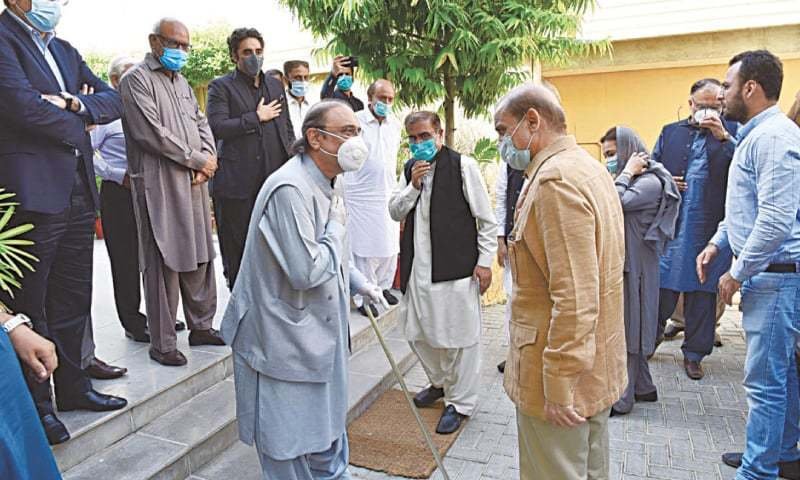The recent general elections in Pakistan touted as the most contentious in the nation’s history, have marked a return to power for dynastic leaders. This pivotal event has sparked concerns about the erosion of democratic values and the country’s trajectory. Despite criticism for their past performance and allegations of electoral manipulation, the newly elected leaders have successfully consolidated their control. This development has prompted some to fear a regression to the ‘old Pakistan,’ where democratic principles were not upheld. The leaders now at the helm of Pakistan face the daunting task of tackling many pressing issues, including economic instability, social discord, and a fragile democracy. Given their less-than-encouraging record, the urgency of these challenges must be addressed, and their ability to manage them effectively remains to be seen.
One of the most acute issues gripping Pakistan is the state of its economy. The skyrocketing inflation rates and the mounting national debt are exacting a heavy toll on the average citizen. The government’s economic policies, which involve increasing taxes on the less affluent and middle class while slashing subsidies on essential goods, have only exacerbated the situation, leaving many struggling to make ends meet.
Pakistan’s social fabric is also in tatters. The gap between the rich and the poor is widening, and there is growing resentment and discontent among the population. The government’s failure to address these issues has only exacerbated the situation. The new leaders must find a way to sustain their power in the face of these challenges. However, their past performance suggests they must be up to the task. They are likely to continue the same policies that have failed in the past, which will only make things worse for the Pakistani people.
One problem with the current system is that the wealthy and powerful are not paying their fair share of taxes. Although the dynasts themselves control a large share of the country’s resources, they focus on giving themselves incentives rather than investing in the economy.
Another problem is that power and resources are not evenly distributed throughout the country. Resources are often concentrated in the provincial capitals, while vast regions still need development. The creation of new provinces has been blocked, and the dynasts oppose any decentralization of power. This lack of development and investment stifles economic growth and creates a climate of fear and intimidation. The outdated legal frameworks that remain are a barrier to freedom of thought and expression.
Pakistan’s future is still being determined. The new leaders have a chance to make positive changes, but they are more likely to continue down the same path of self-interest. The country’s fate depends on whether they will rise to the challenge and embrace authentic leadership.
Please, subscribe to the YouTube channel of republicpolicyc.om
















